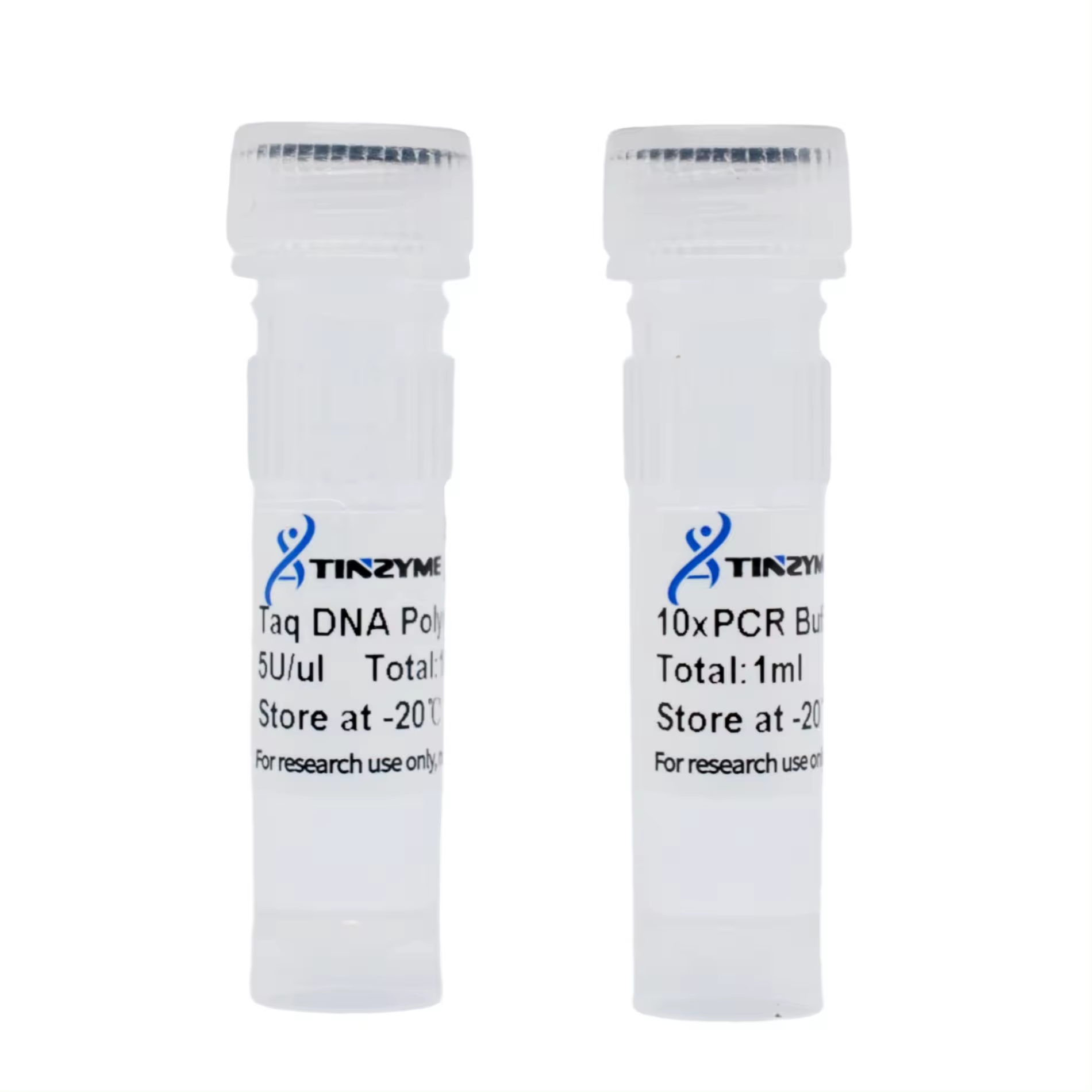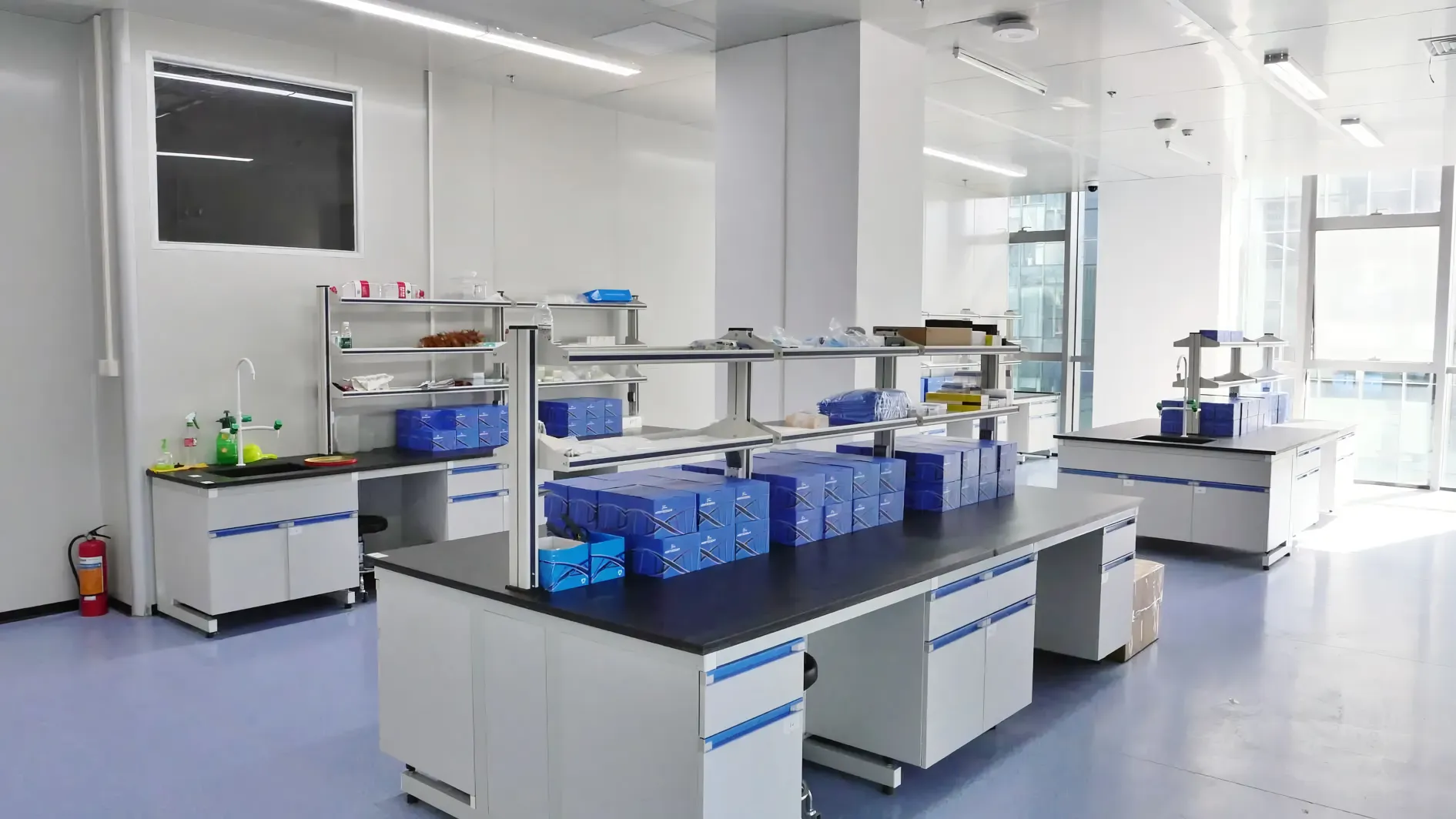What is Taq DNA Polymerase?
Taq DNA Polymerase is an enzyme that can withstand high temperatures. It plays a key role in many molecular biology techniques, especially the Polymerase Chain Reaction (PCR). Scientists got this enzyme from Thermus aquaticus, a thermophilic bacterium. Taq DNA Polymerase is known for being able to tolerate extreme heat which is necessary during PCR. Its molecular weight is about 65kD and it has both 5'→3' polymerase activity as well as 5' structure-specific nuclease activity thus making it applicable to different molecular systems.
In PCR, Taq DNA Polymerase synthesizes new DNA strands with existing ones serving as templates. Due to its heat stability, this enzyme can still function even after denaturation at around 94°C which occurs during most cycles of amplification reaction. This unique feature eliminates the need for addition of fresh enzyme after each cycle thereby simplifying and enhancing efficiency of PCR process. The ability of Taq DNA polymerase to tolerate high temperature is attributed to the fact that it comes from organisms like T.aquaticus living in hot springs where there are very high temperatures.
The discovery and isolation of Taq DNA Polymerase marked a turning point in molecular biology because it allowed for easy amplification of genetic material through PCR.This tool has found applications across various disciplines such as genetic engineering, forensics or medical diagnostics since then.Its specificity when amplifying particular sequences of deoxyribonucleic acid has enabled researchers examine genomes at unprecedented levels leading to significant advances in medical science.Taq DNA polymerases remains one of those essential reagents used routinely by scientists worldwide due to their strong nature coupled with ability work under different experimental conditions in molecular biology labs today.
Get A Quote

 EN
EN
 AR
AR
 BG
BG
 CS
CS
 NL
NL
 FR
FR
 DE
DE
 EL
EL
 HI
HI
 IT
IT
 JA
JA
 KO
KO
 PL
PL
 PT
PT
 RO
RO
 RU
RU
 ES
ES
 SV
SV
 TL
TL
 IW
IW
 ID
ID
 SL
SL
 UK
UK
 VI
VI
 ET
ET
 HU
HU
 MT
MT
 TH
TH
 TR
TR
 FA
FA
 AF
AF
 MS
MS
 GA
GA
 AZ
AZ
 UR
UR
 BN
BN
 MN
MN
 MY
MY
 UZ
UZ
 KU
KU


